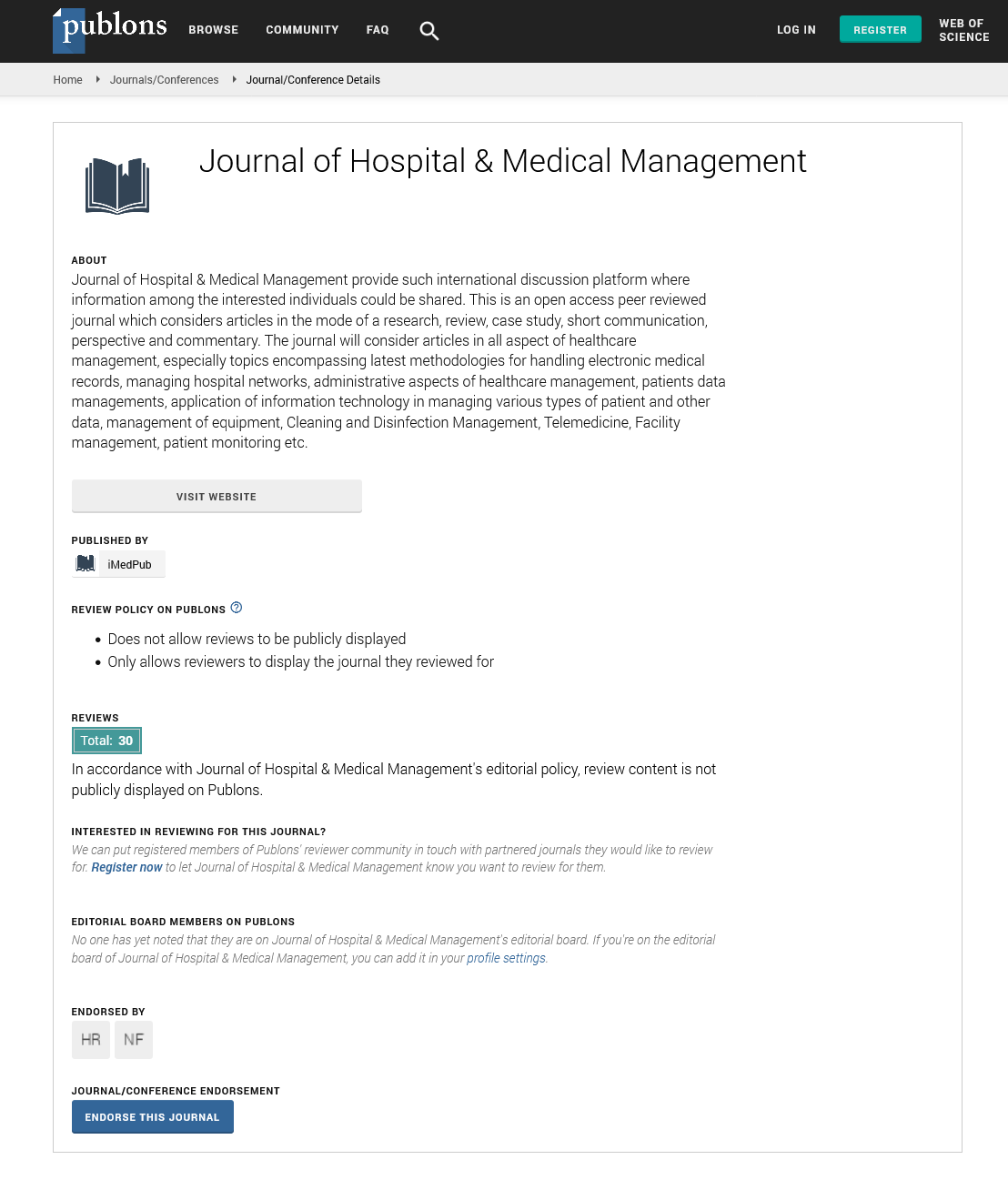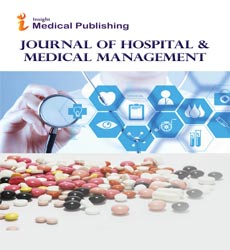Abstract
The Relationship between Death Anxiety and Combat-Related Stress
Objective: Although death anxiety has been well studied in the past, there seems to be a lack of understanding its importance in both simple and complex anxiety. The emotional complexity and persistence of trauma reactions in veterans may be better understood in the context of intrapsychic sources and related anxieties of those traumas, including fear of death. The purpose of this study was to address the significance of death anxiety in understanding and treating PTSD. The primary hypotheses of this study focused on the relationship of death anxiety with PTSD, depression, and anxiety.
Methods: This study utilized a correlational design, and examined the relationship between traumatic stress and death anxiety and some of the sequelae (depression and anxiety) to determine whether there are relationships of any significance. Numerous measures were utilized including: Death Anxiety Scale, PTSD Checklist for Military, Depression Anxiety Stress Scales, and demographics questions.
Results: This study surveyed both veterans and active duty military using snowball sampling as well as recruitment through college support groups and Veterans of Foreign Wars. Participants for this study consisted of 42 individuals serving in four military branches. Of the outcomes expected, two showed non-significant positive relationships while the third indicated a statistically significant positive relationship to death anxiety.
Conclusions: The relationship found between death anxiety and PTSD agreed with past theories that suggested death anxiety is the root of all anxiety and that past experiences with death can lead to the development of PTSD.
Author(s):
Kibble CJ
Abstract | Full-Text | PDF
Share this

Google scholar citation report
Citations : 319
Journal of Hospital & Medical Management received 319 citations as per google scholar report
Journal of Hospital & Medical Management peer review process verified at publons
Abstracted/Indexed in
- Google Scholar
- China National Knowledge Infrastructure (CNKI)
- WorldCat
- Publons
- International Committee of Medical Journal Editors (ICMJE)
Open Access Journals
- Aquaculture & Veterinary Science
- Chemistry & Chemical Sciences
- Clinical Sciences
- Engineering
- General Science
- Genetics & Molecular Biology
- Health Care & Nursing
- Immunology & Microbiology
- Materials Science
- Mathematics & Physics
- Medical Sciences
- Neurology & Psychiatry
- Oncology & Cancer Science
- Pharmaceutical Sciences


